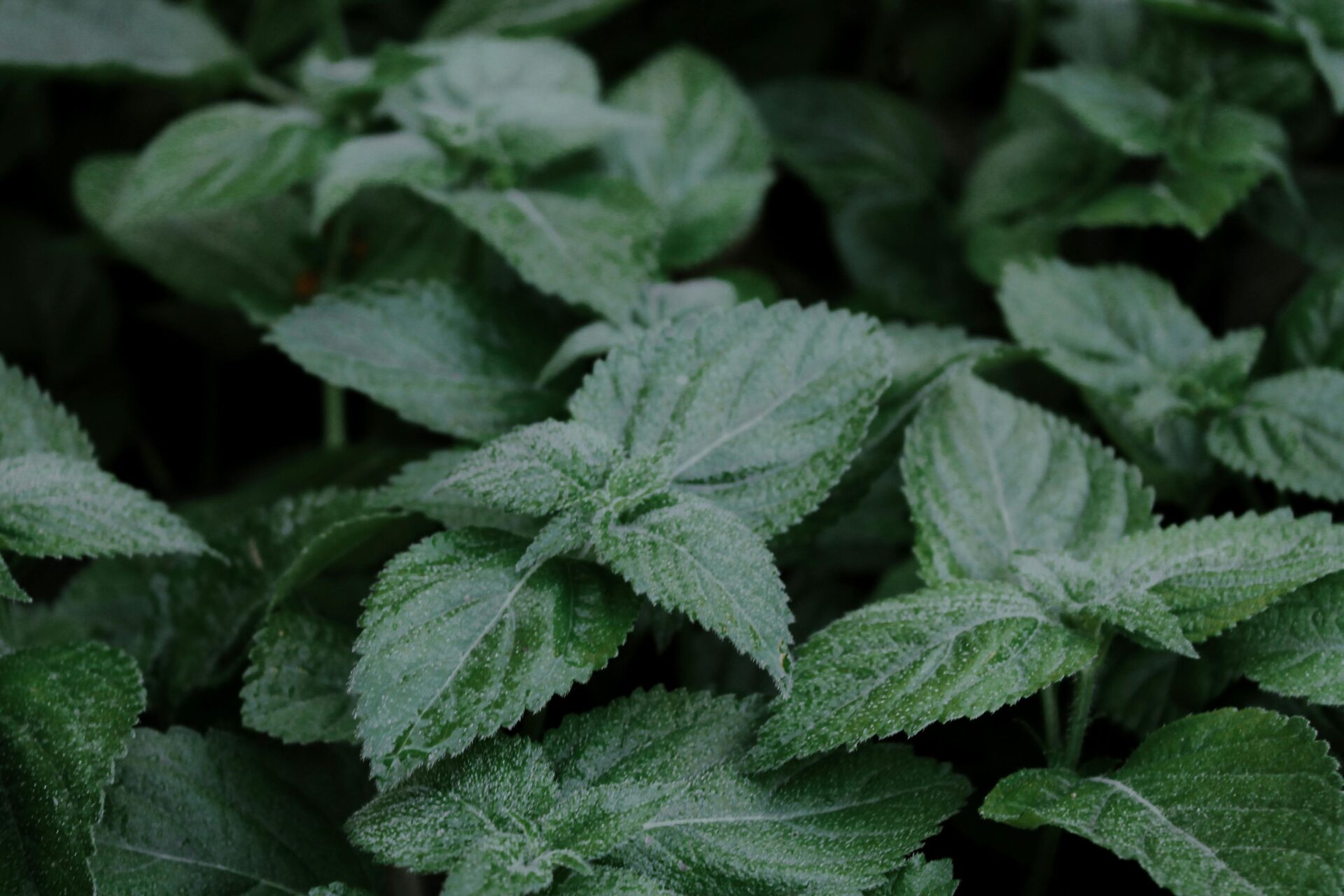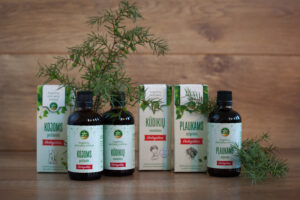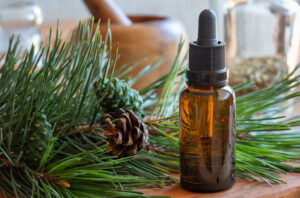This undemanding plant of the Labiatae family is a popular adding to various gardens and orchards. It’s major characteristic is the distinct, lemon-like scent (thus the name of the plant).
Depending on the location, its climatic conditions, the stage of the herb’s development and age, leaves and blossoms accumulate from 0.01 to 0.33 % of essential oil, containing 16 terpenes, dominated by citral (75-85 %). This essential oil is known for its soothing effect. Moreover, raw Melissa contains about 150 mg% of vitamin C, organic acids, about 5 % fermenting substances and mucus, while seeds — up to 20 % of fats.
The pleasant scent of its essential oil, makes Melissa a popular additive in perfume and liquor production. You can also freeze Melissa leaves in ice cubes for cocktails and cold drinks. Fresh Melissa leaves can be used to season soups, sauces, fish and poultry. While dried leaves can be used for various herbal teas.
Melissa is harvested right before blooming on a clear day after dew. It is important to avoid pressing the harvested herbs, because they darken really quickly. The herbs are dried in a thin layer spread in a well-ventilated room or a heated dryer at 20-35 °C, but not higher than 40 °C temperature. The second harvest is right before the autumn frosts.
Dried raw material should smell like lemon, offering a sour and pleasant taste and containing no more than 13 % moisture, 5 % large stems, 3 % of various impurities, including 0.5 % of mechanical origin. Dried Melissa should be stored in a dry and well-ventilated place at 18-20 °C. Dry raw material is very quick to absorb any moist. It is advisable to consume the dried herb in one year.
Melissa preparations are used for treating cardiac function disorders, gastric catarrh, they also improve appetite, soothe neuralgic and rheumatic pains, stimulate urine and gas passing.
Fresh Melissa tea stimulates perspiration and metabolism.
It is also widely used for tea and liquor production. Melissa is a perfect additive to stewed fruit and non-alcoholic drinks.
Literature
Butkus, V., et. al. Mažieji miško turtai. Vilnius: Mokslas 1987.
Čekauskaitė, L. Gamtos vaistinėlė. Kaunas: Spindulys, 2003.
Kaunienė, V.; Kaunas, E. Vaistingieji augalai. Žinynas. Kaunas: Varpas, 1991.
Obelevičius, K; Petkevičiūtė, S; E. Šeinauskienė, E. Prieskoninių augalų ir jų vartojimo žinynas. Kaunas: Lututė, 2011.
Ragažinskienė, O.; Rimkienė, S.; Sasnauskas, V. Vaistinių augalų enciklopedija. Kaunas: Lututė, 2005.





